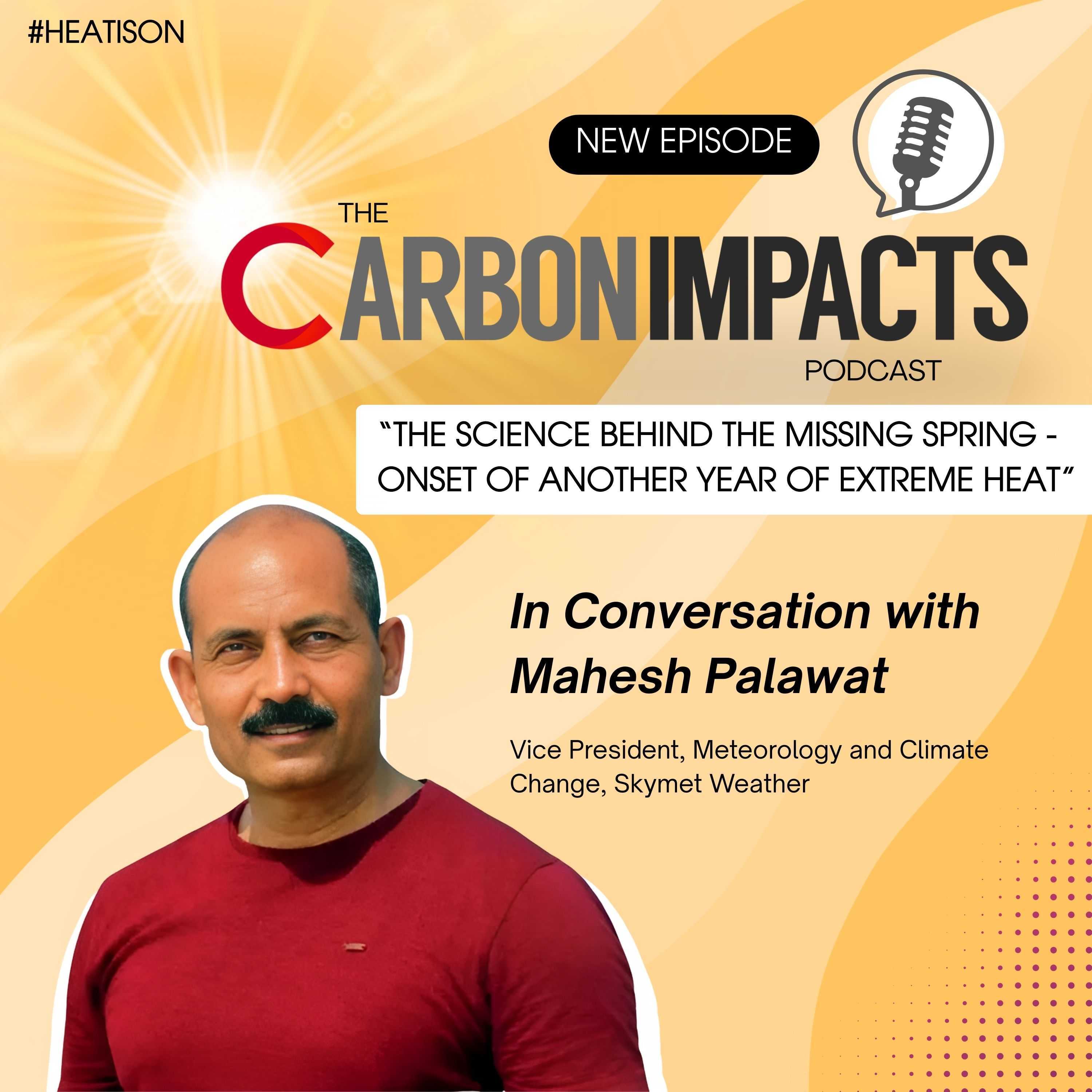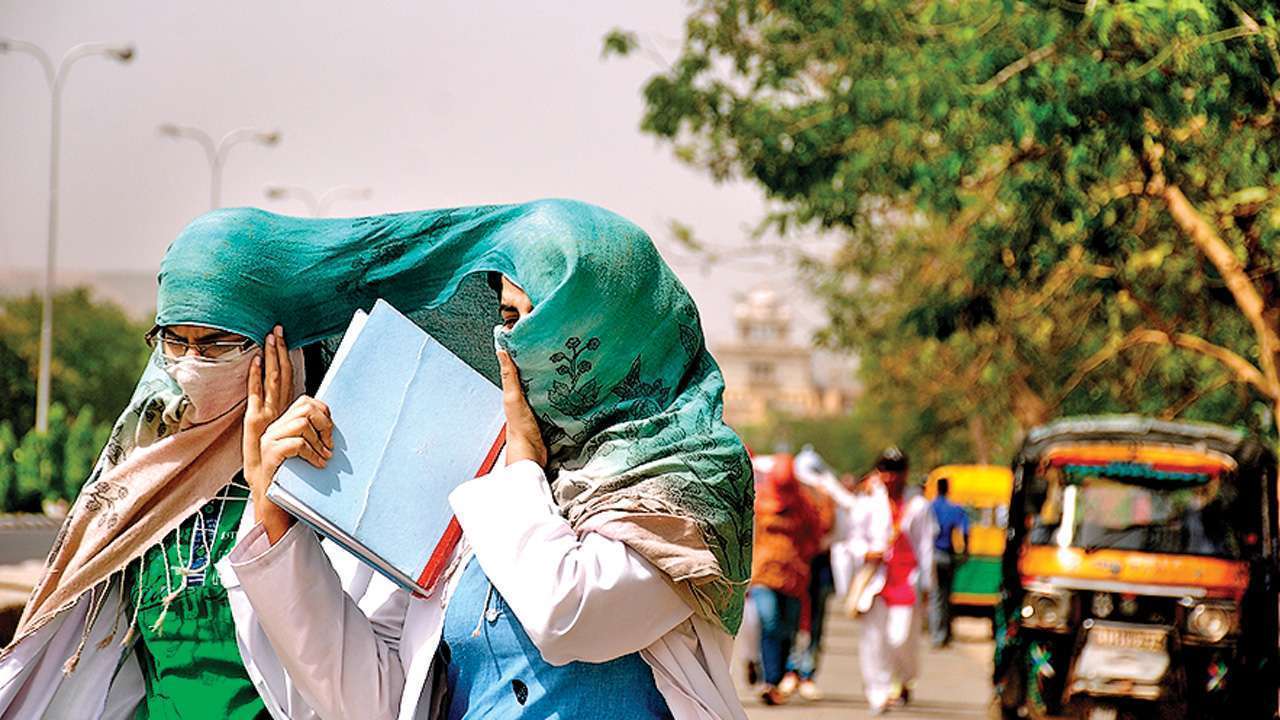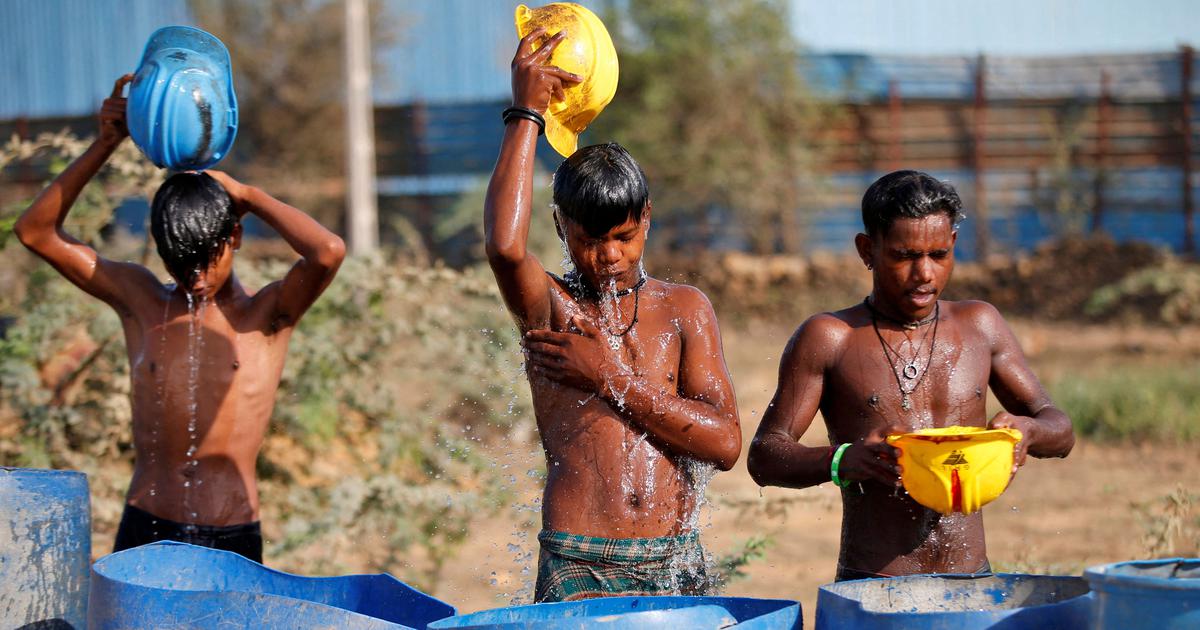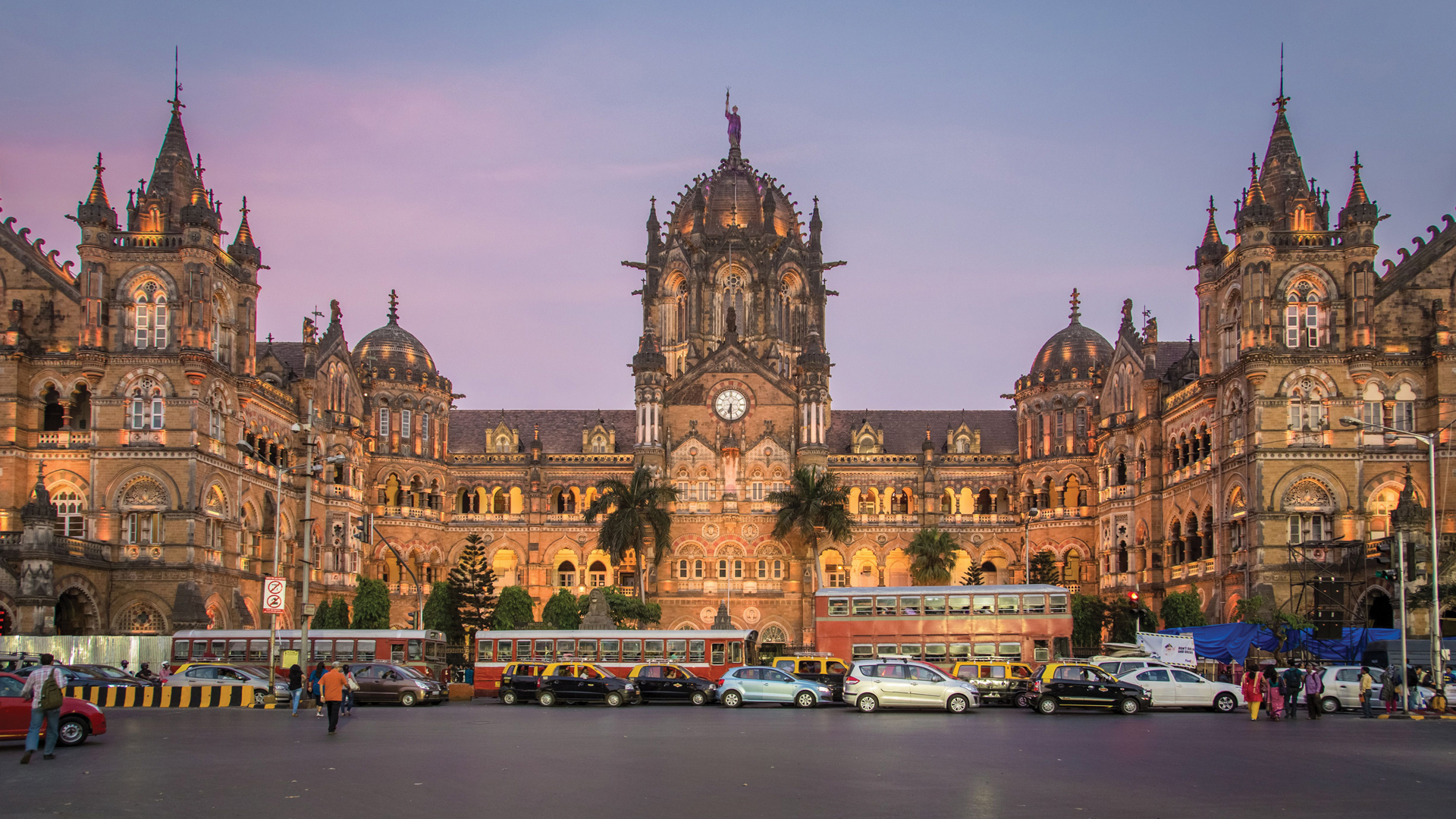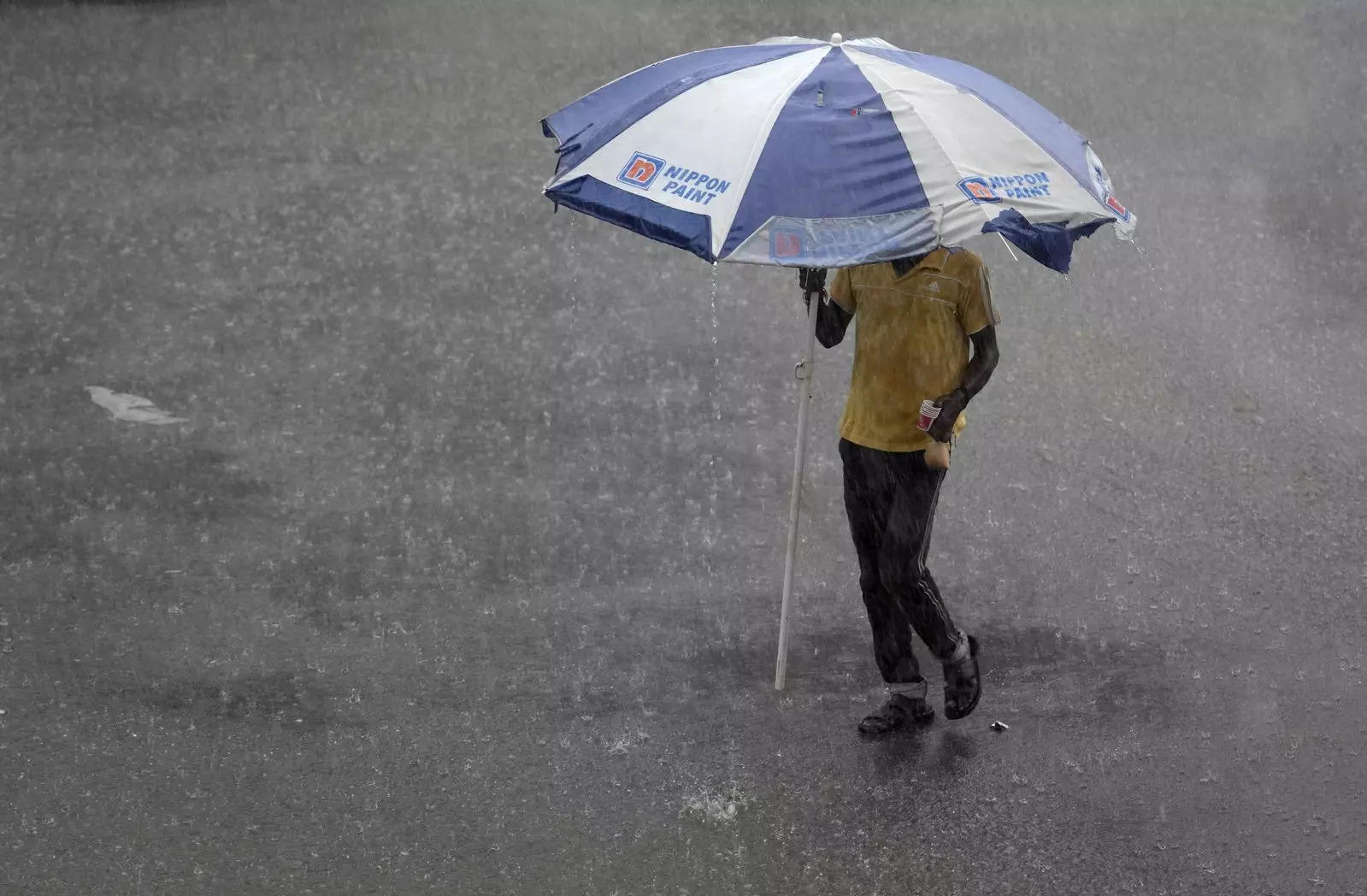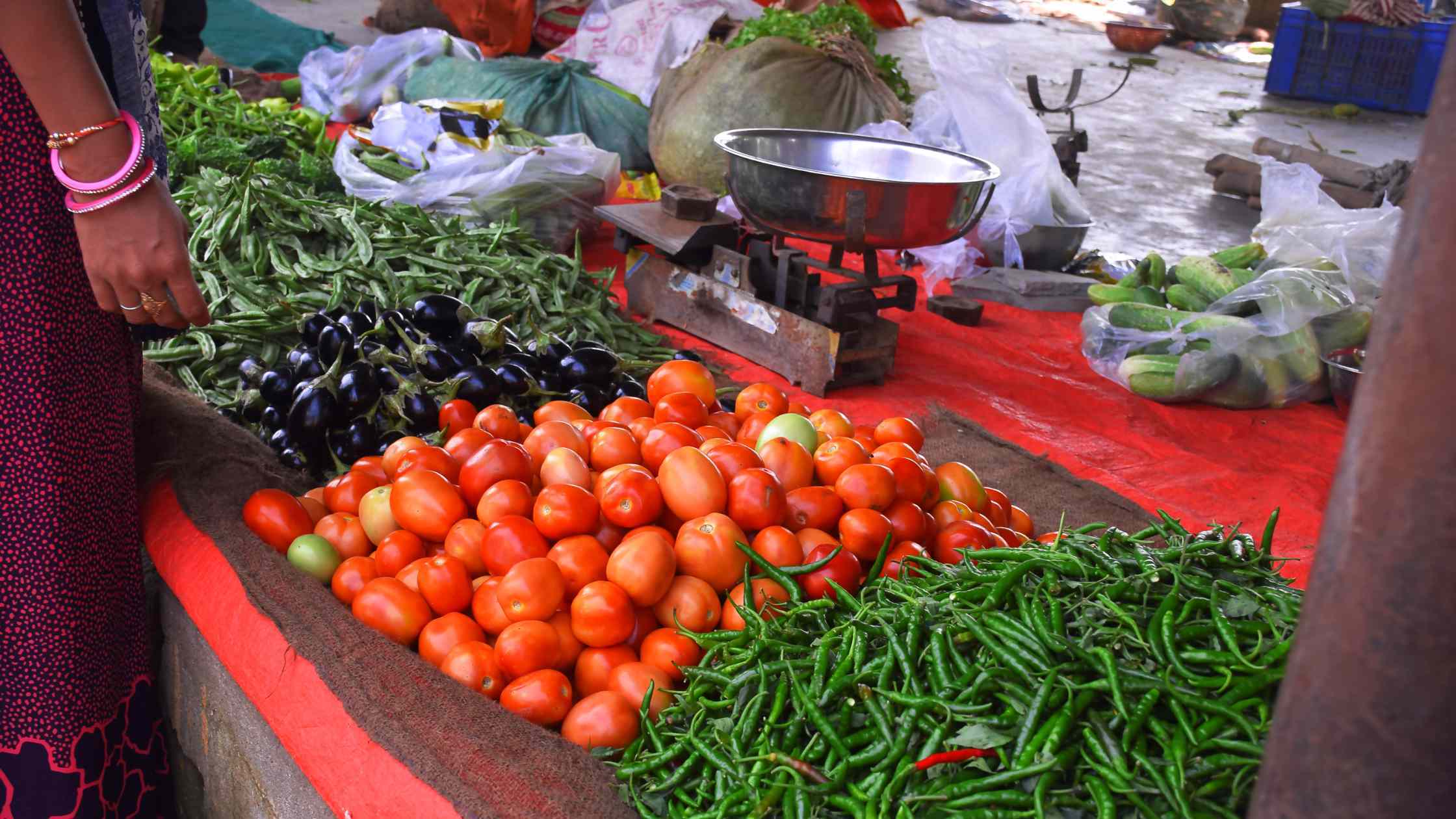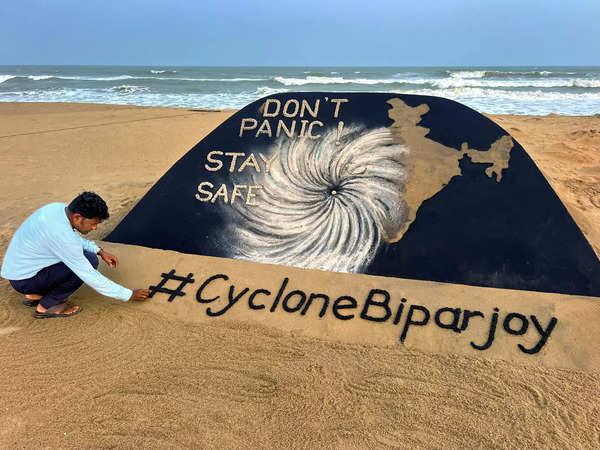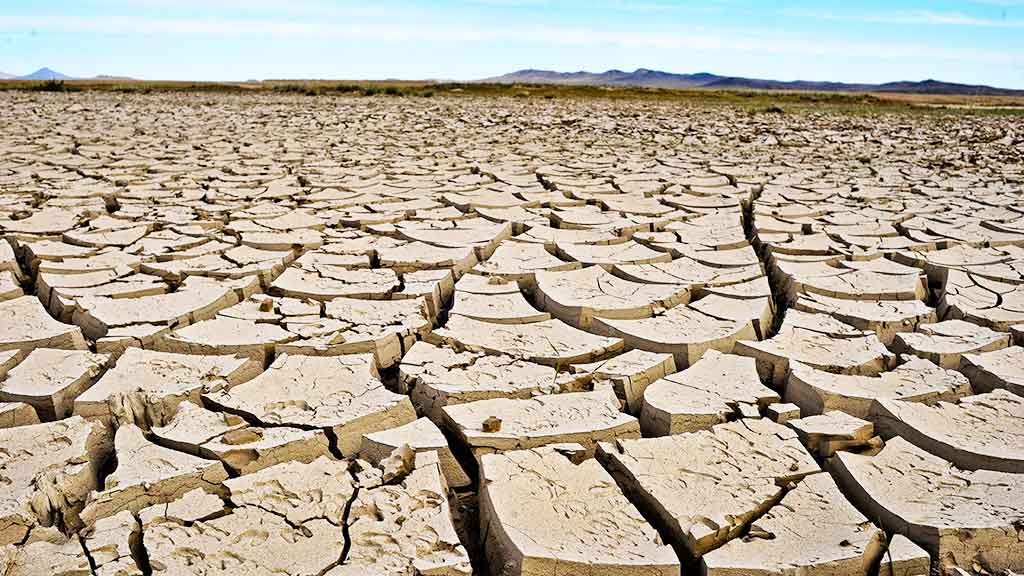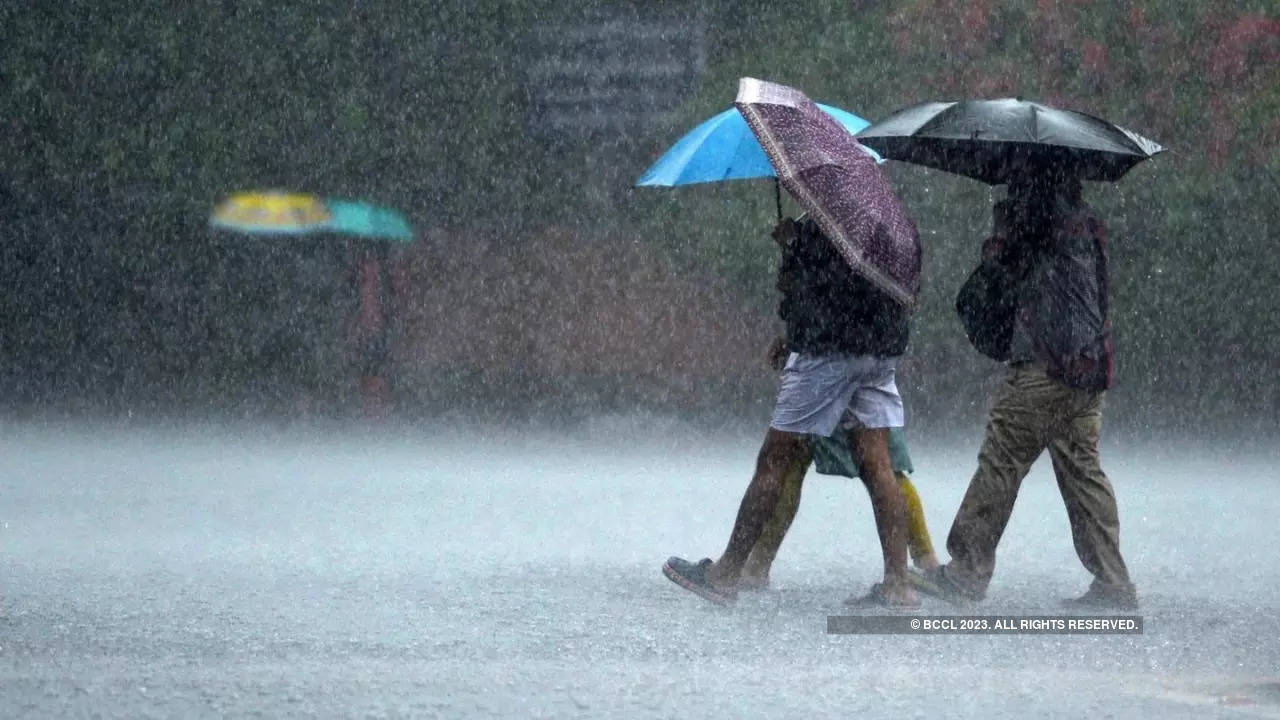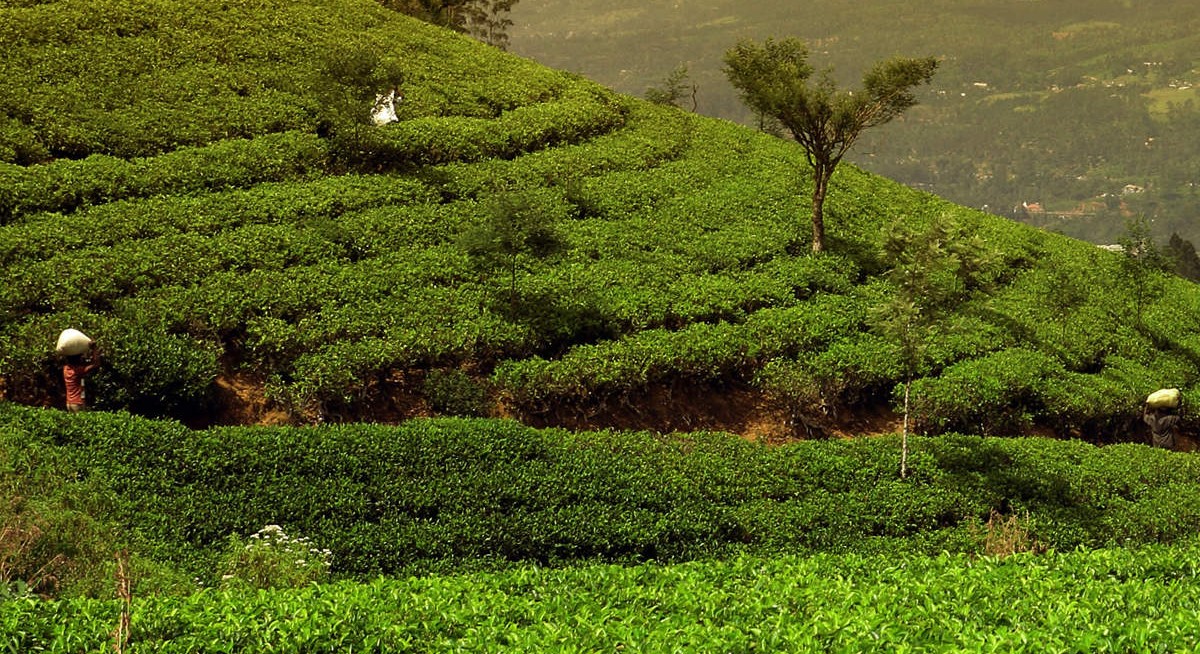# INDIA
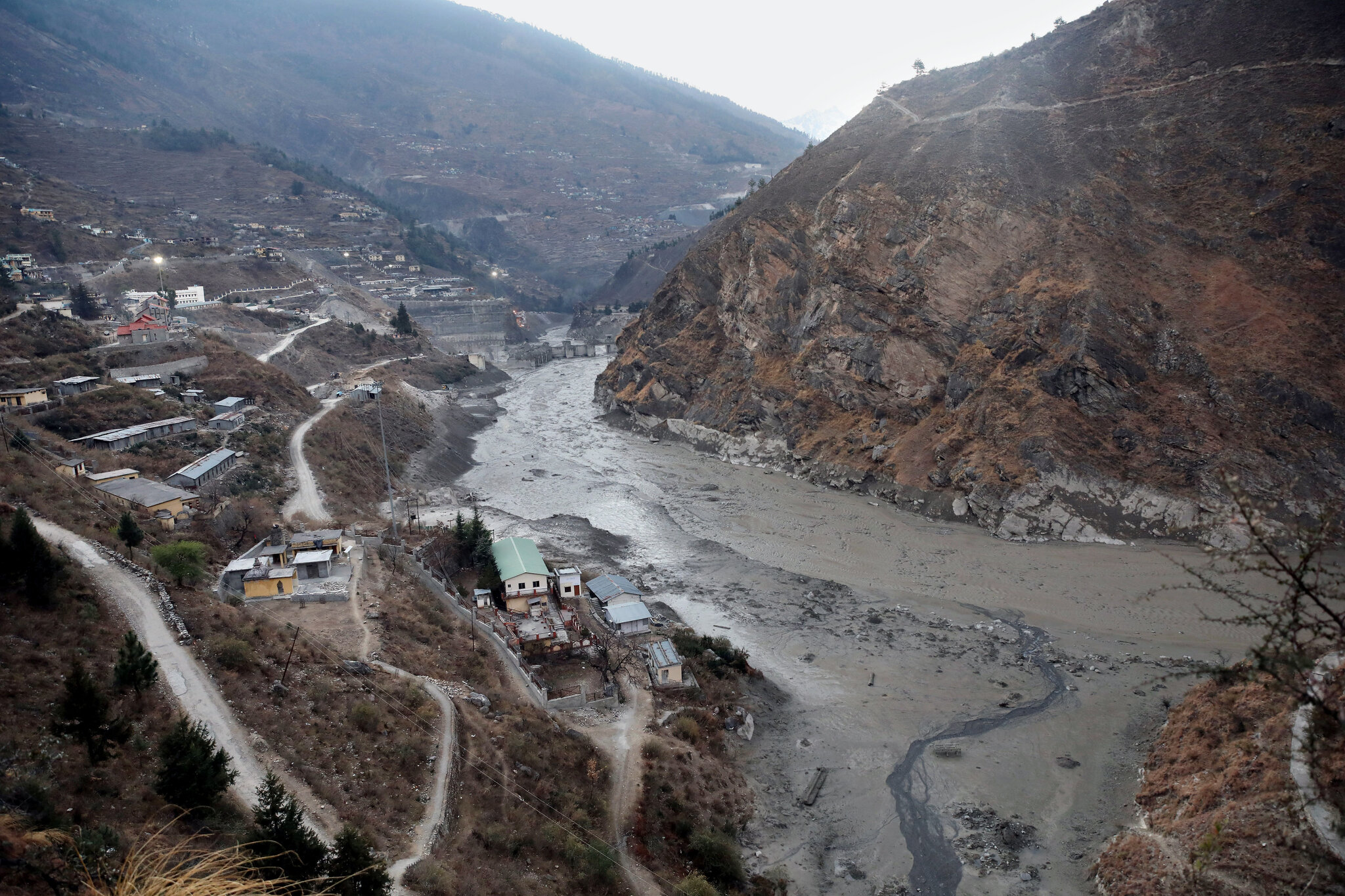
Rising Heat and Shifting Western Disturbances Fuel Extreme Weather in Himalayas
Changes in Western Disturbance frequency have shifted precipitation seasonality, with peak snowfall moving from the month of February to March by the end of the 21st century.
Kartiki Negi
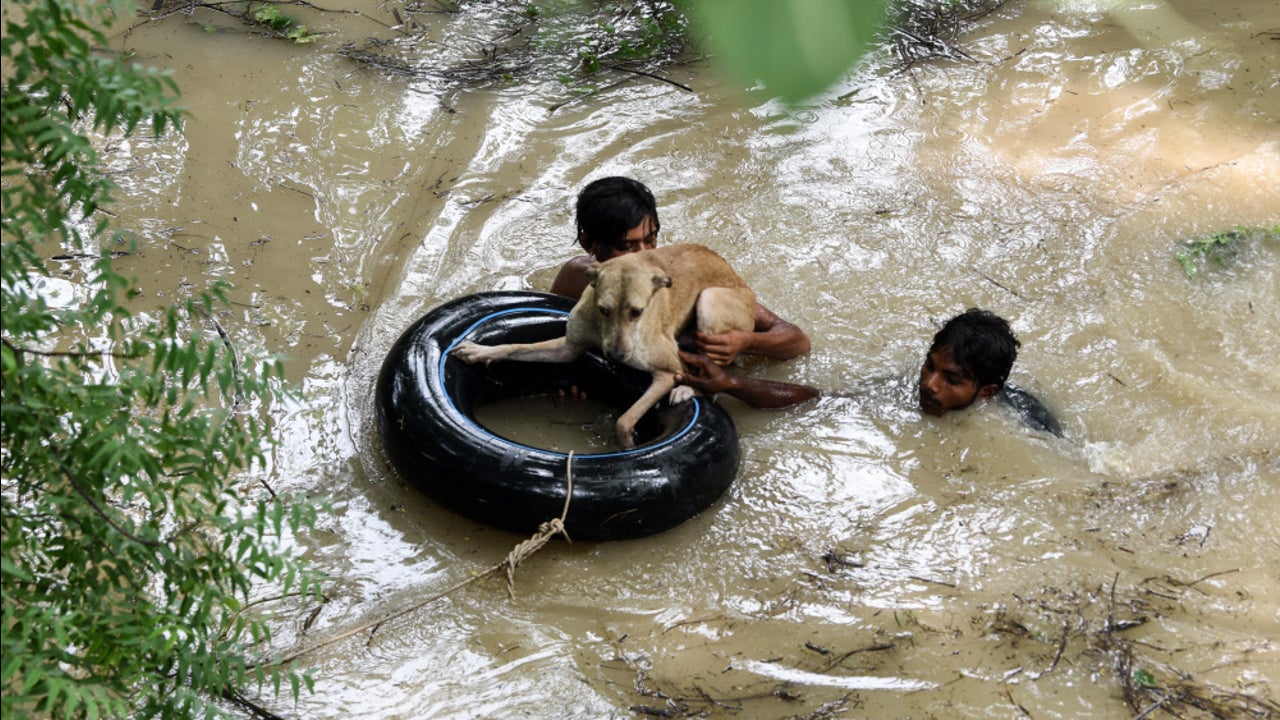
Extreme events in India claim eighty thousand lives and cost USD 180 bn in 30 years: Report
Climate Risk Index 2025 ranked India as the sixth most affected country in the world due climate change-triggered extreme weather events from 1993 to 2022, causing losses up to USD 180 billion and at least 80,000 fatalities.
Editorial Team

2025 records hottest January ever, India witnesses highest mean temperature despite La Nina
Record spike in mercury shows how climate change has overwhelmed the global oceanic phenomenon of La Nina which is known for its cooling effect on global temperatures
Editorial Desk

India ranks seventh most vulnerable country to climate change: Economic Survey
The Survey stated ‘developing countries such as India need to undertake climate adaptation on an urgent footing as this has a direct impact on lives, livelihoods and the economy'.
Editorial Team

2024 is India's hottest year on record as climate change drives temperature surge
2024 has been the hottest year for India since 1901, declared India Meteorological Department. The annual mean temperature was recorded at 25.75°C which was 0.65°C above the long-term average (1991-2020 period).
Editorial Team
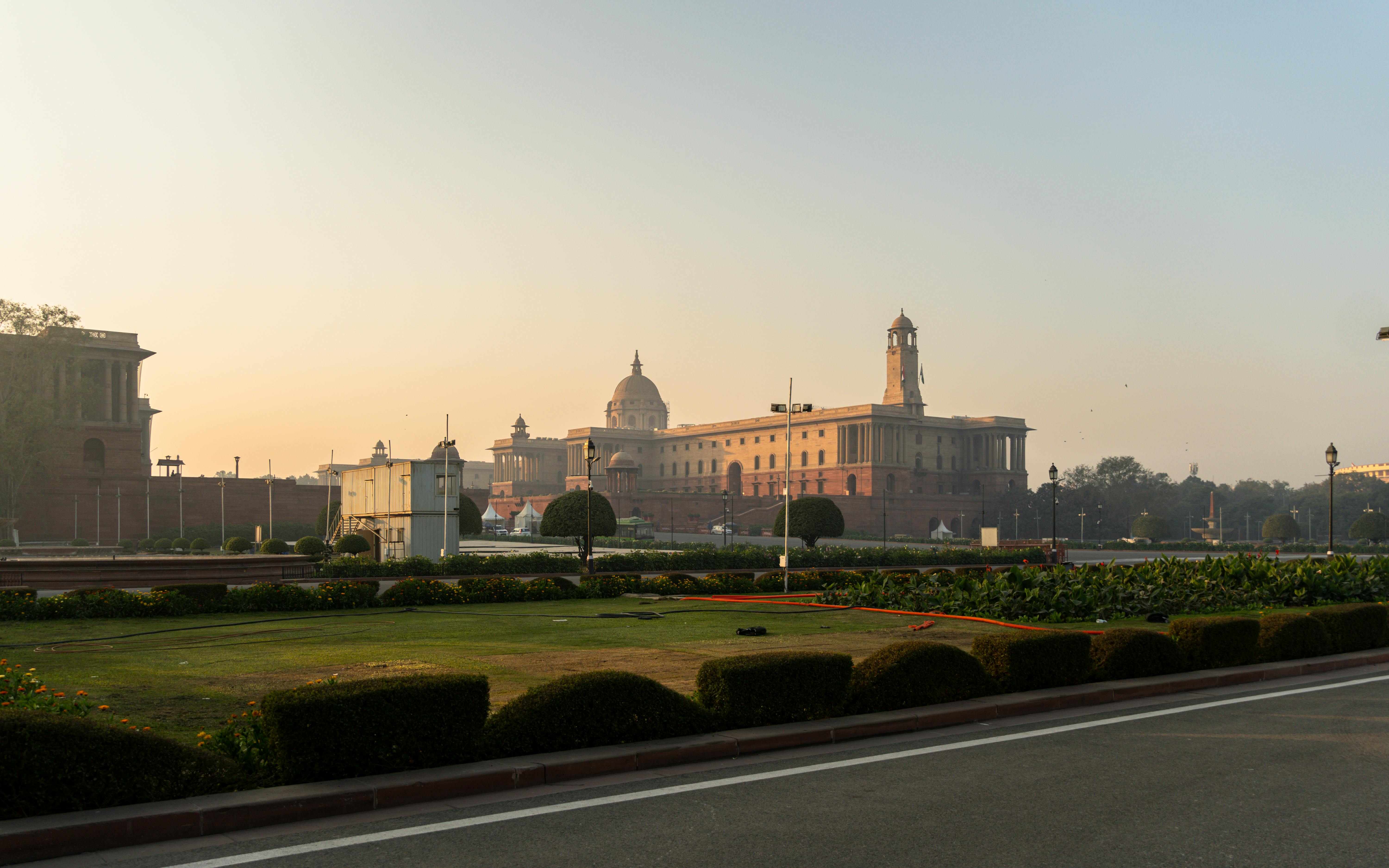
Will Climate Change allow India to hold another summer elections?
The voting is taking place in seven phases between April 19 and June 1 where nearly 97 crores people are expected to exercise their voting rights. As Elections enter the key phase at the beginning of May, the temperatures have also started peaking.
Editorial Team
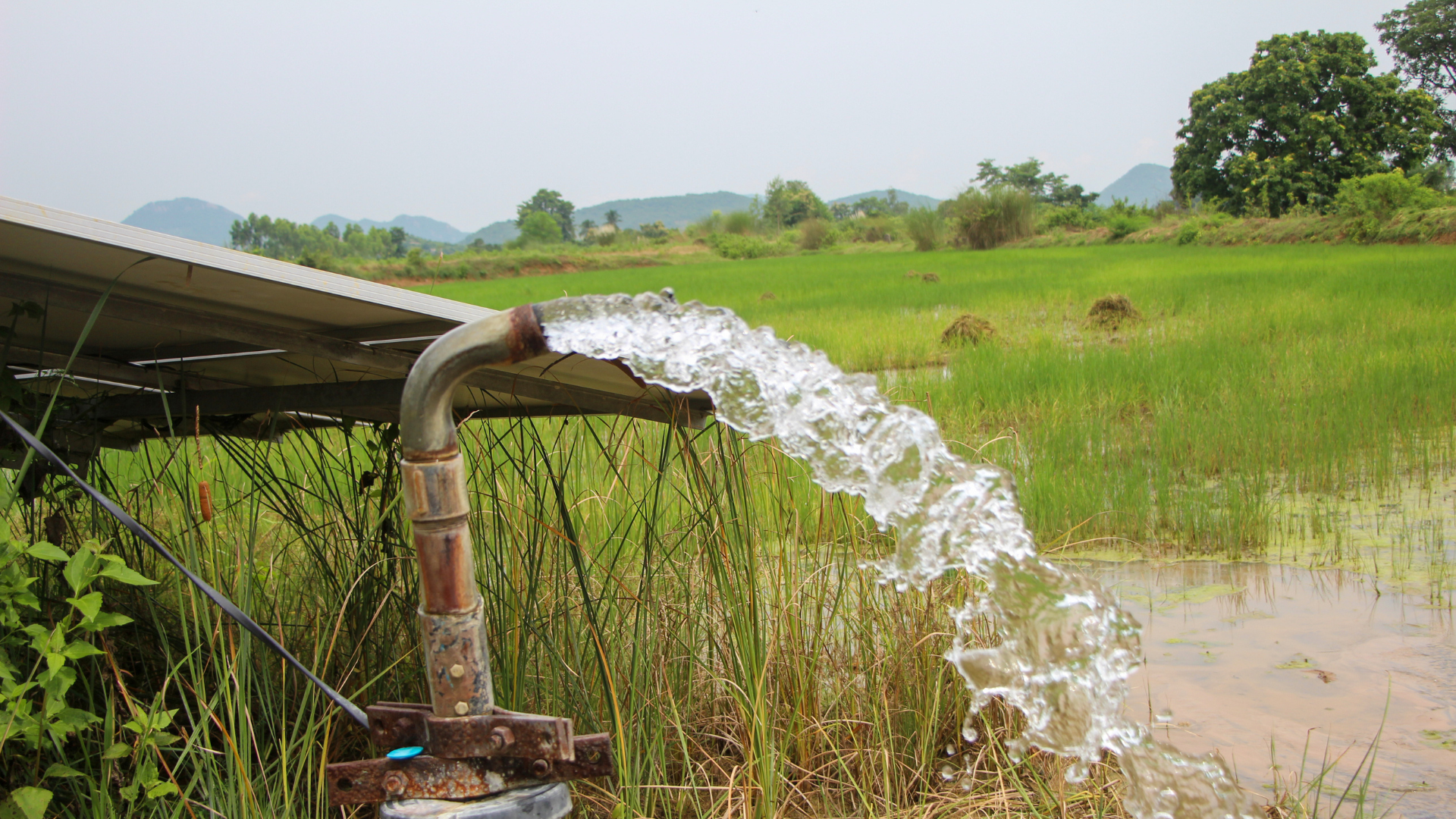
India’s Water Crisis Ahead of 1.5 Degree Warming World: A Portent of Disaster to Come
Addressing the ramifications of the crisis and the necessity for a comprehensive strategy for India’s water resource management is crucial for a scorching summer ahead. Can political parties make this an election agenda?
Anjal Prakash

El Nino, Global Warming: South India may be hit by early and intense heatwaves
Early and intense heatwaves may hit the southern part of the county as it falls in the region under combined impact of heightened temperatures exacerbated by global warming and ongoing El Nino in the Pacific Ocean
Editorial Team
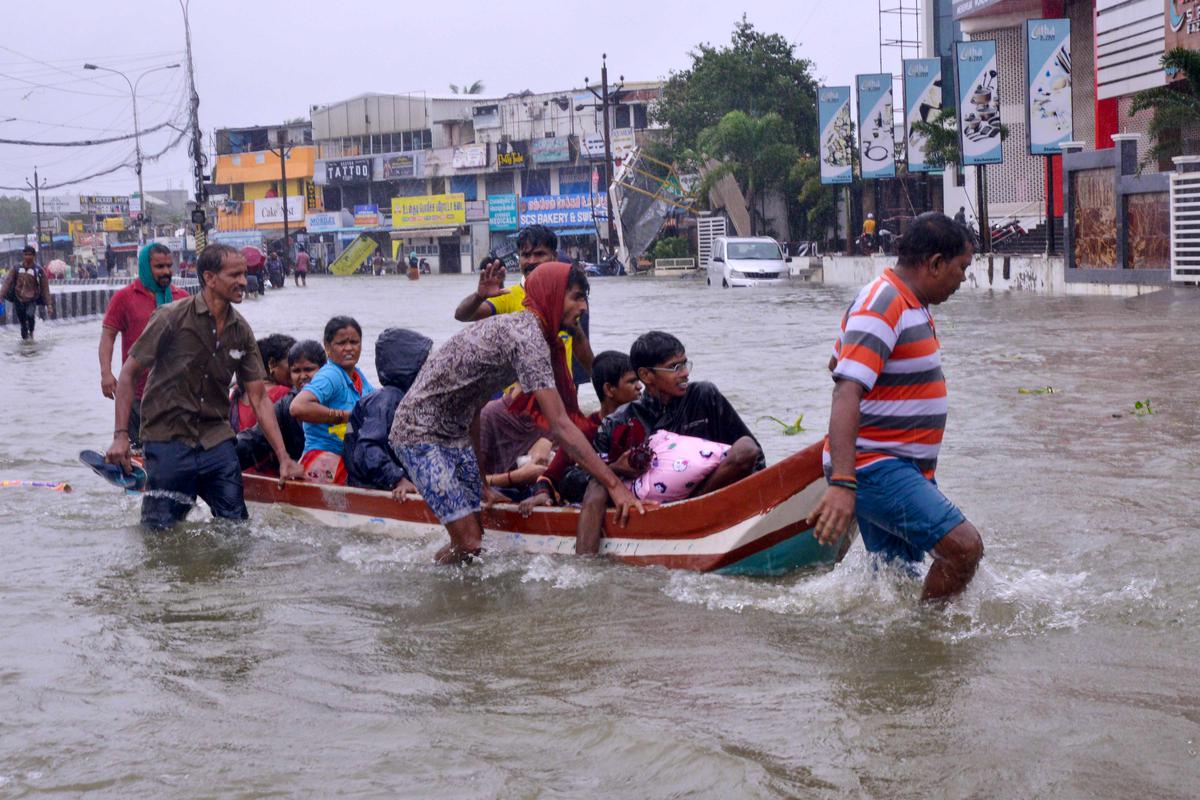
Cyclone Michuang batters South India, a stark reminder of climate change impacts
The warming oceans along with the El Nino phenomenon and other two important oceanic phenomena, the Indian Ocean Dipole and Madden-Julian Oscillation, are also responsible for the rapid intensification of cyclones that is triggering the heavy rain
Kartiki Negi
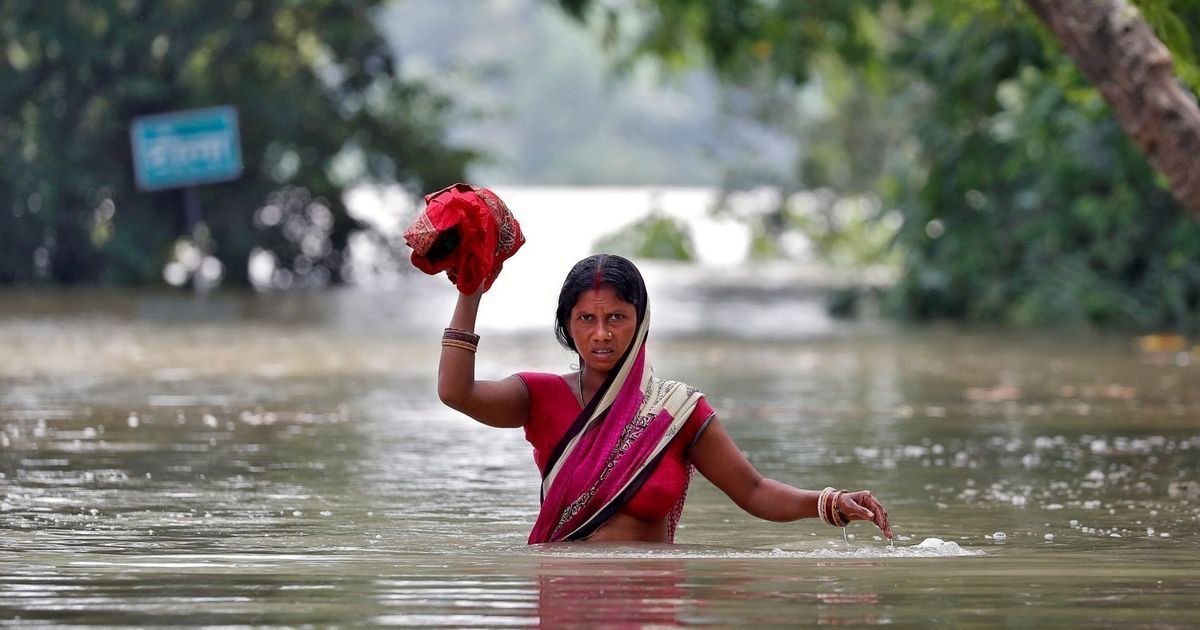
Monsoon 2023 ends with below-normal rains, climate change fuels erratic weather
Monsoon 2023 ended with below normal rains to the tune of 6%, courtesy the building El Nino in the Pacific Ocean. Climate change continues to impact spatial variability, which can cause more droughts or floods, posing water and food security challenges.
Kartiki Negi
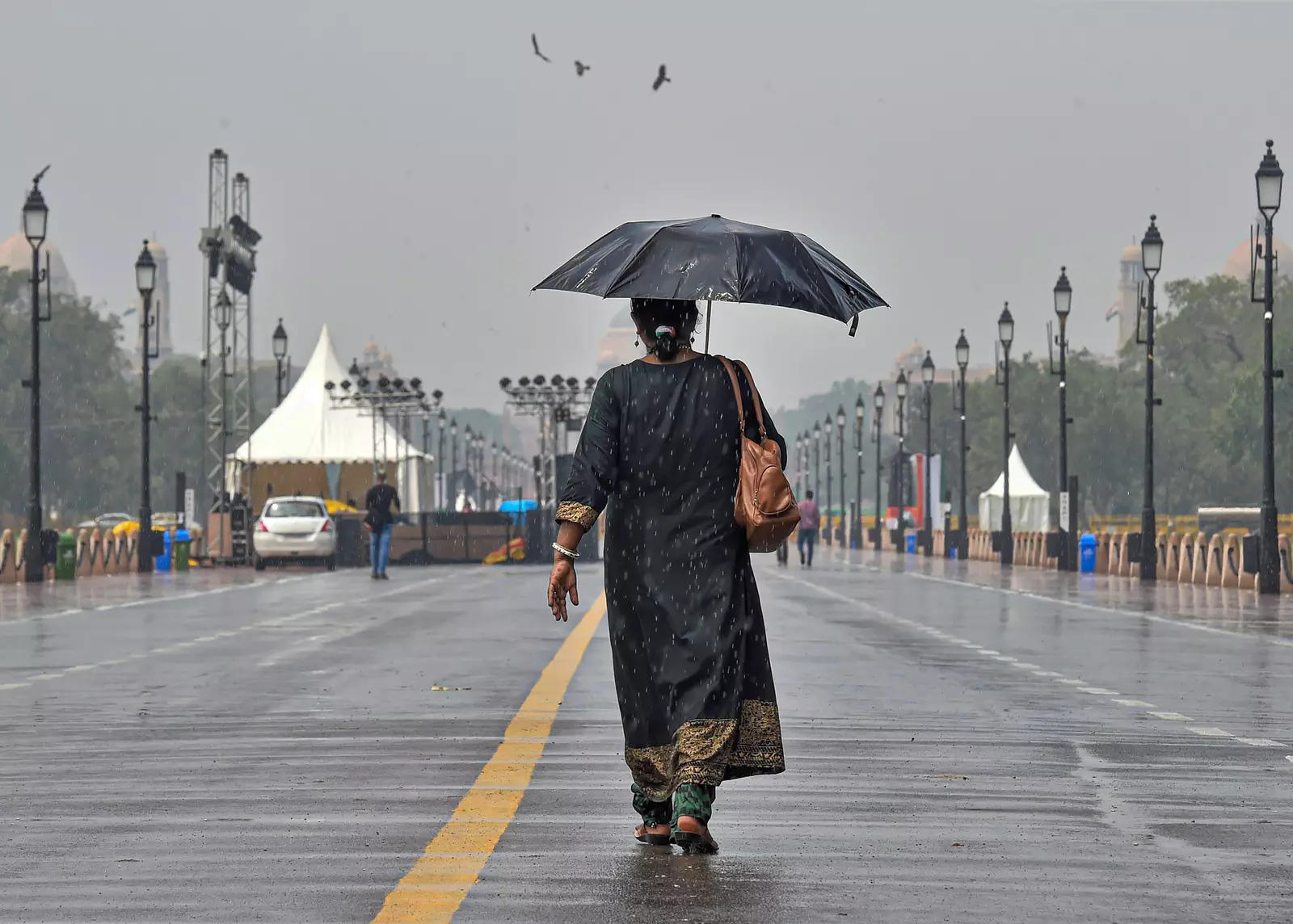
El Nino-Monsoon relation changes over time, impacts regions differently
The El Niño-monsoon relationship has stayed moderately strong and stable for south India, has become exceptionally stronger for north India and has considerably weakened over the central Indian region over the last century, finds the study
Editorial Team

Gujarat Floods and Failing Weather Models | 🎙️ 5-Min Climate-Weather Report
In this episode, we unpack the recent extraordinary weather events that have been unfolding in the Indian state of Gujarat and beyond; leaving us wondering if this is becoming the new norm.
Carbon Impacts
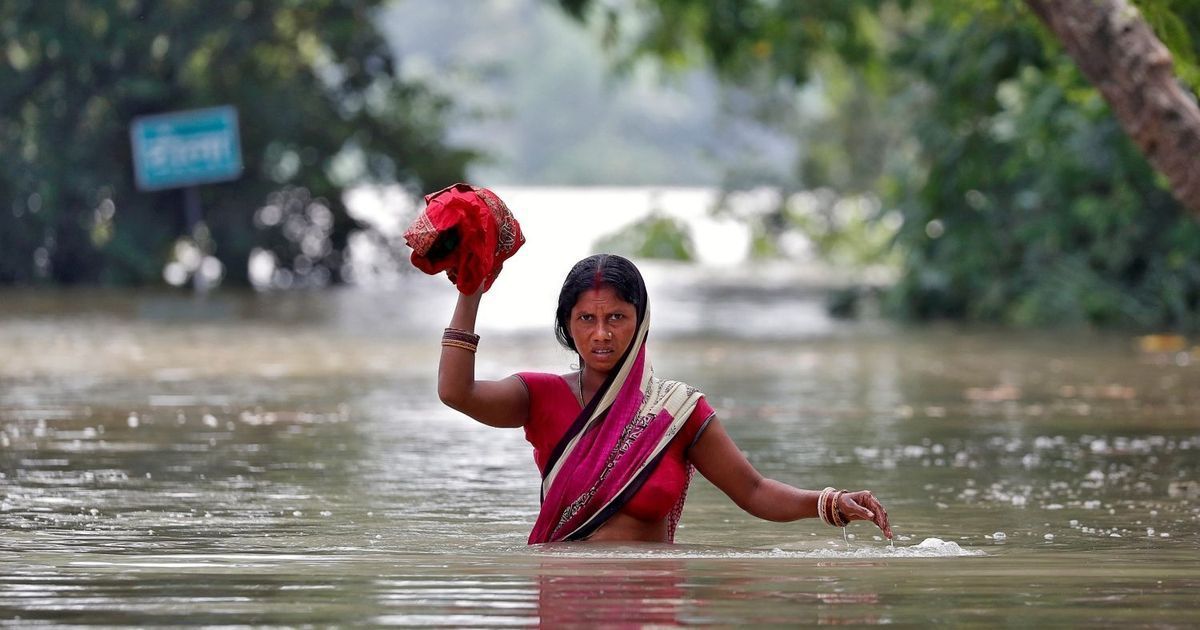
June gets 10% deficit Monsoon rains; heavy rain in 377 stations, highest in 5 yrs
The onset month of the Monsoon season, June, ended with deficit rainfall to the tune of 10% of the LPA (Long Period Average). The countrywide cumulative rainfall during June 1-30 was recorded at 148.6 mm against the normal average of 165.3 mm.
Editorial Team
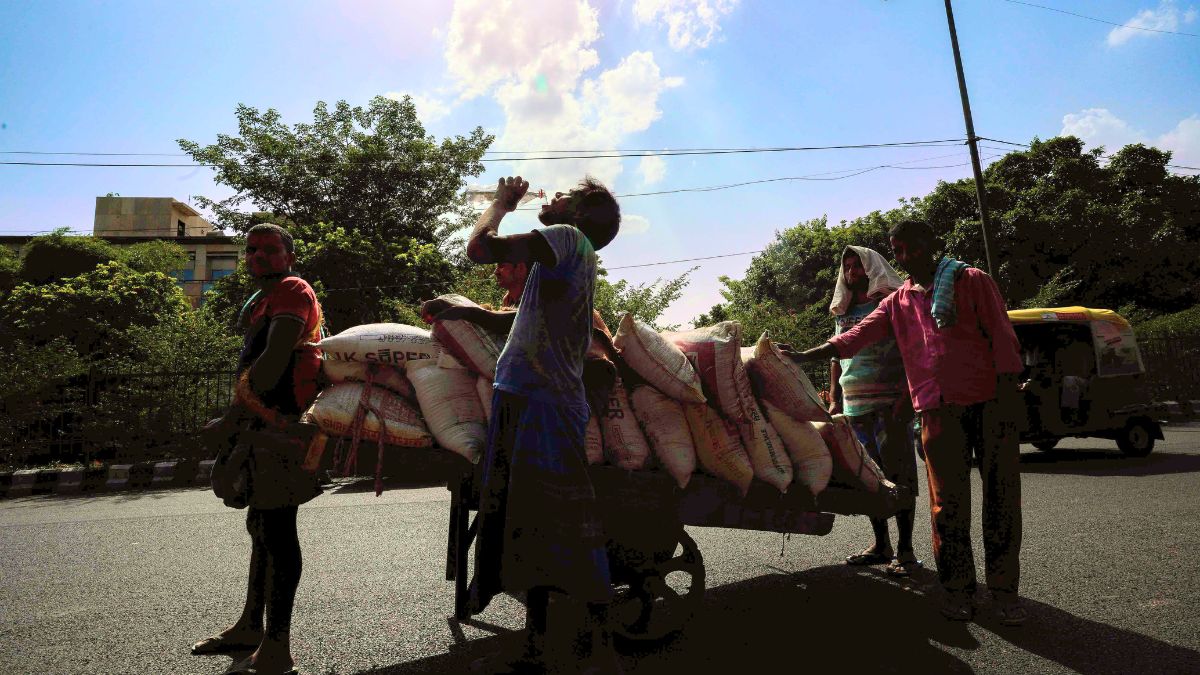
Fatal heatwave in Uttar Pradesh linked to climate change: Analysis
New analysis shows that the extreme heat event in Uttar Pradesh in June this year was made at least two times more likely by human-caused climate change
Editorial Team

Over 600 mn people in India would be exposed to dangerous heat at 2.7°C global warming: Study
Assuming a future population of 9.5 billion people, India would have the greatest population, more than 600 million, exposed at 2.7°C global warming. At 1.5°C, this figure would be far lower, at about 90 million.
Editorial Team
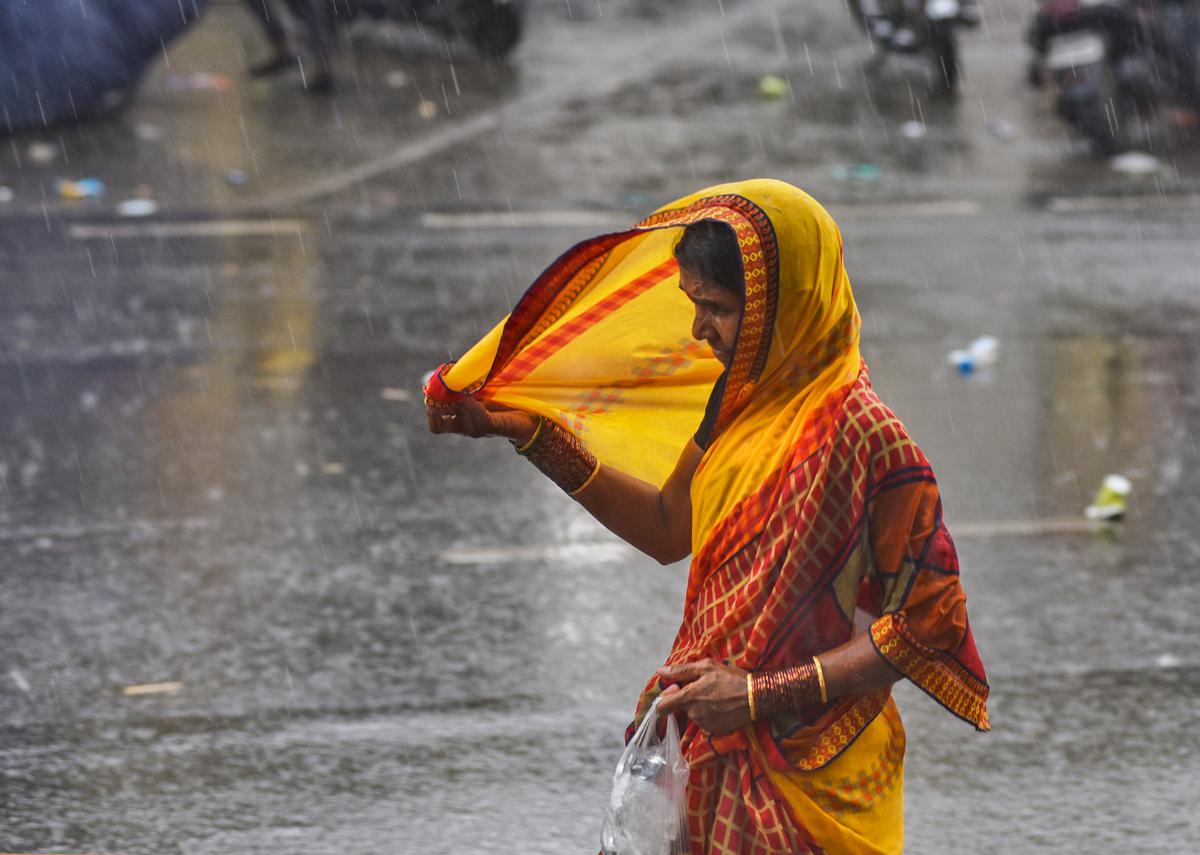
Monsoon 2023 to make delayed onset amid El Nino, June to battle rain deficiency, hot and humid weather
Monsoon 2023 is most likely to hit Kerala on June 4 with a model error of ± 4 days, against the normal date of June 1. It is likely to make a feeble start, under the influence of El Nino which is invariably linked with below normal Monsoon rains.
Editorial Team

Climate change made Asia humid heatwave at least 30 times more likely: WWA Study
Climate change has made humid heatwaves over India and Bangladesh 30 times more likely in mid-April 2023, according to the latest study released by the World Weather Attribution (WWA). Meanwhile, humid heatwave spells over Thailand and Lao People's Democratic Republic during the same period, would have been ‘virtually impossible’ without human-induced climate change.
Editorial Team
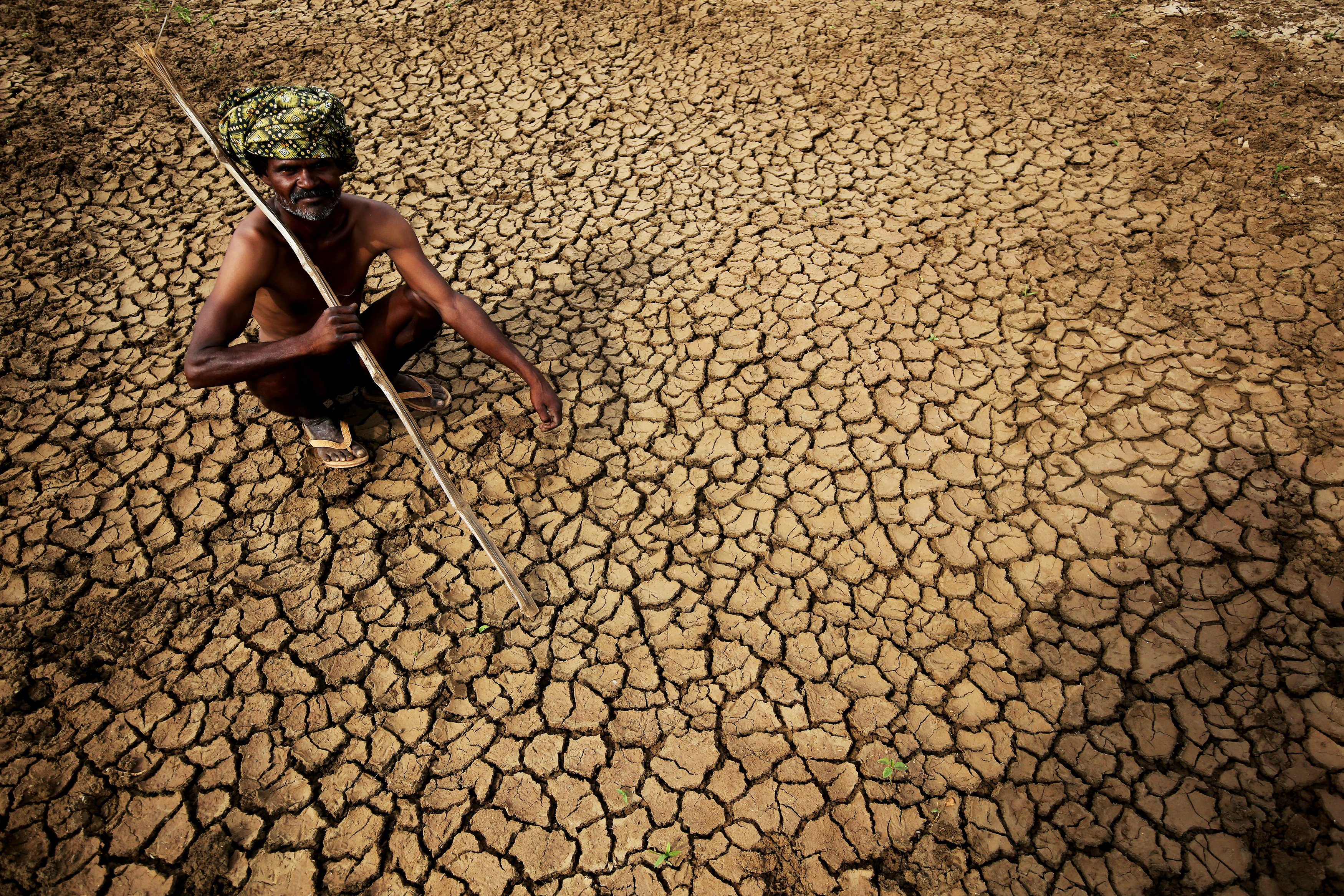
India's Sustainability Goals At Risk Because Of Extreme Heat
A new study suggests that climate change-induced heatwaves in India can hinder or reverse the country’s progress in fulfilling the sustainable development goals (SDGs)
Editorial Team
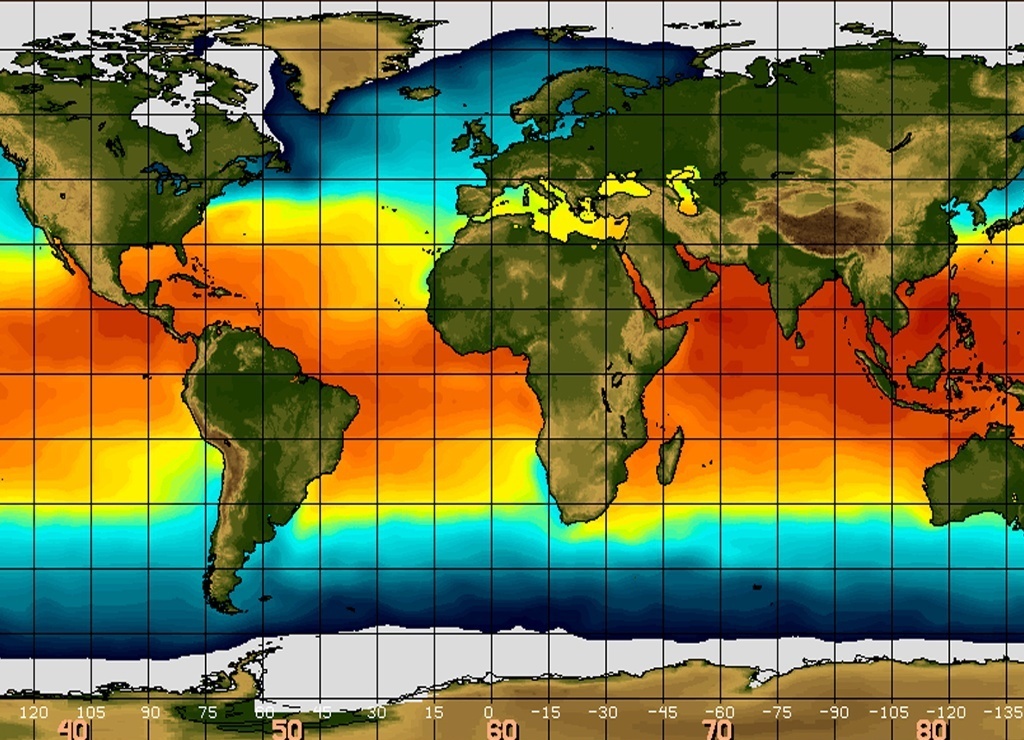
Longest La Niña of decade ends, El Niño on its way
After staying put for three consecutive years, the triple-dip La Niña conditions finally came to an end officially. The oceanic temperatures have been increasing consistently indicating the return of El Niño conditions.
Editorial Team
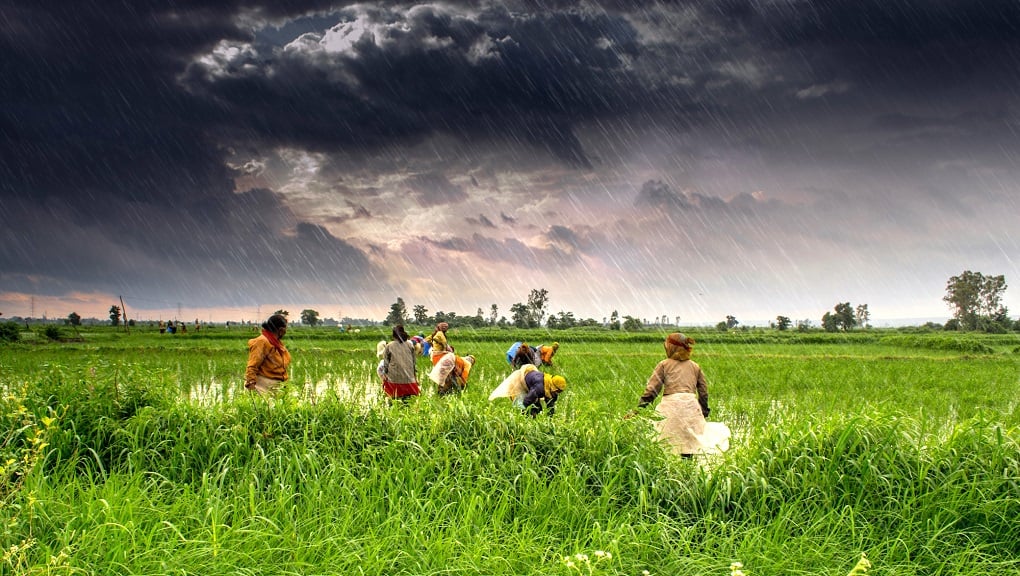
Act Now Or It Is Too Late: IPCC Synthesis Report Gives Final warning on Climate Crisis
The report said exceeding 1.5°C warming limit would lead to irreversible impacts for glaciers, extreme heat stress in tropics, which will impact those who have been least responsible for global warming.
Editorial Team
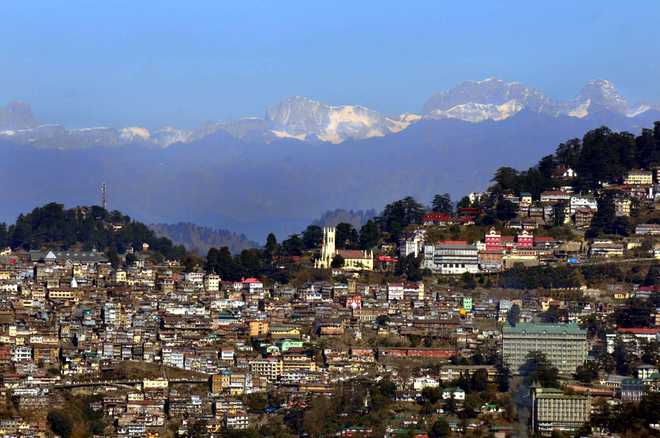
The impact of changing patterns of Western Disturbances and La Niña on warmer winters
According to meteorologists, the anomaly in the temperatures and rainfall is the result of alterations in the weather patterns. The intensity as well as frequency of Western Disturbances have been on the lower side this winter season.
Kartiki Negi
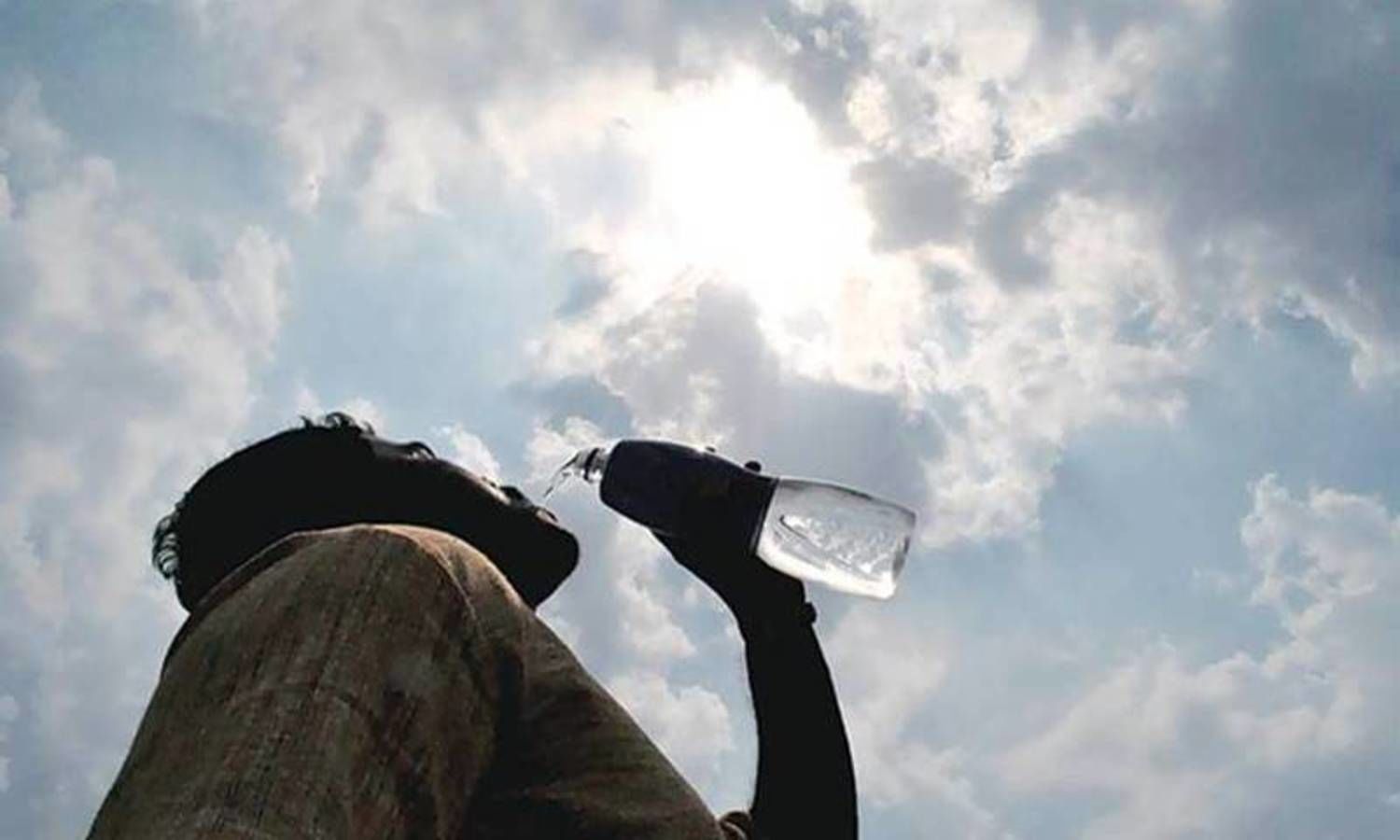
Hottest February shatters record, India gears up for intense heatwaves ahead
India witnessed the hottest February since 1901, with average maximum temperature peaking at 29.54°C. March to follow similar trend, with mercury to continue settle above normal.
Editorial Team
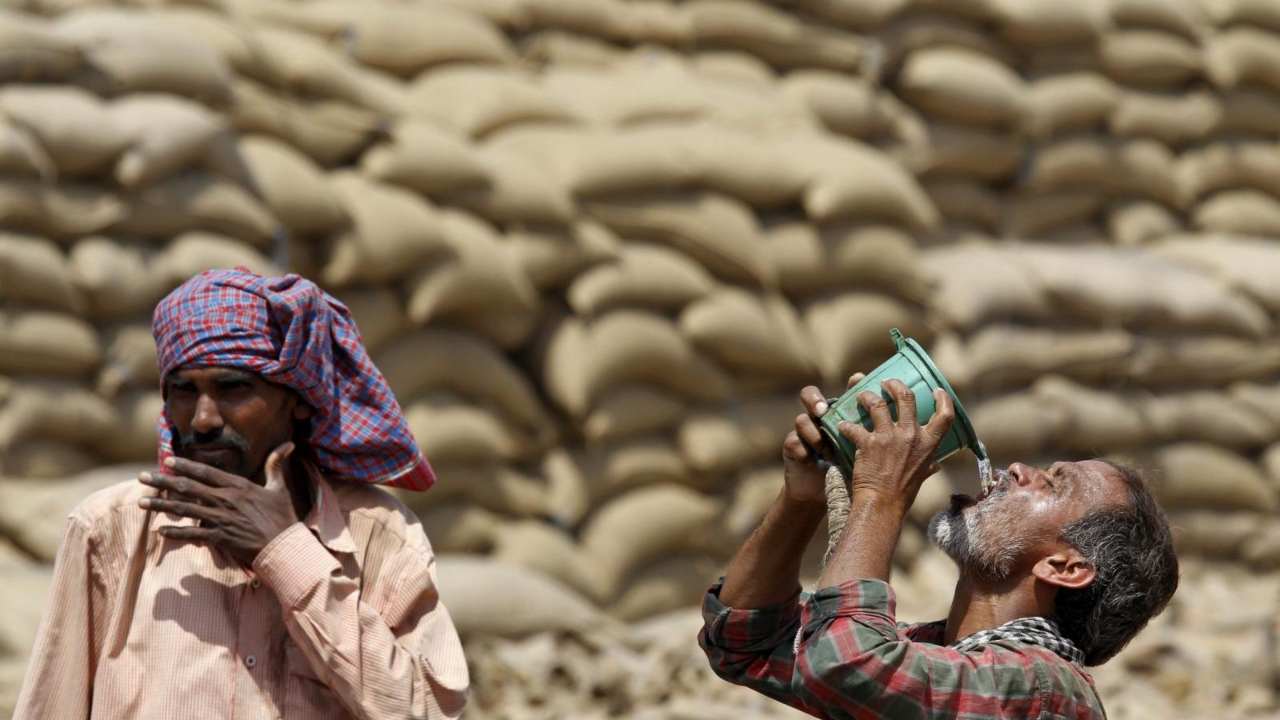
Climate Change: Heat builds up across Northwest India, major threat to wheat crop
Absence of Western Disturbances have paved way for the early warming, indicating a repeat of what we experienced in 2022 across large parts of the country. With this, India is once again likely to miss the spring season.
Editorial Team
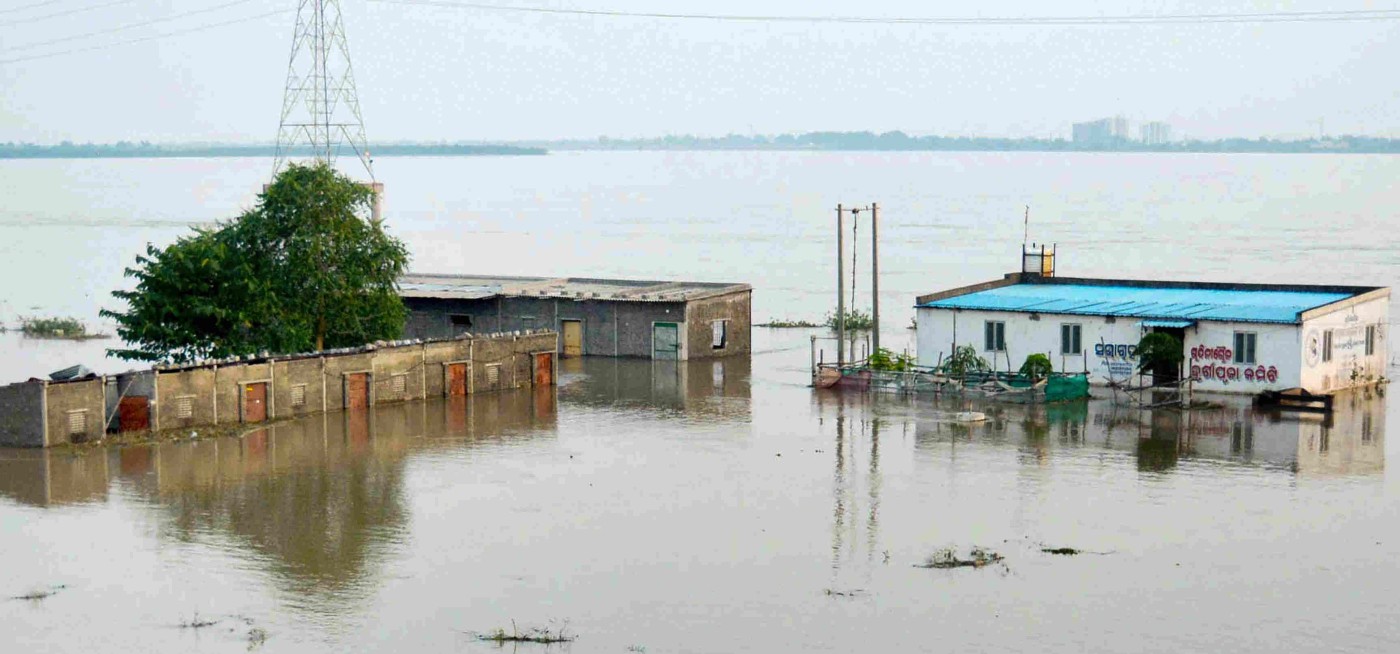
Extreme events to be new normal in the Indian Subcontinent
Meteorologists are citing concerns over changes in the track of Monsoon weather systems across the country. The trend has become more and more visible in the last 4-5 years, with the 2022 season being the latest one. In fact, recent Pakistan floods have also been attributed to this change.
Editorial Desk

